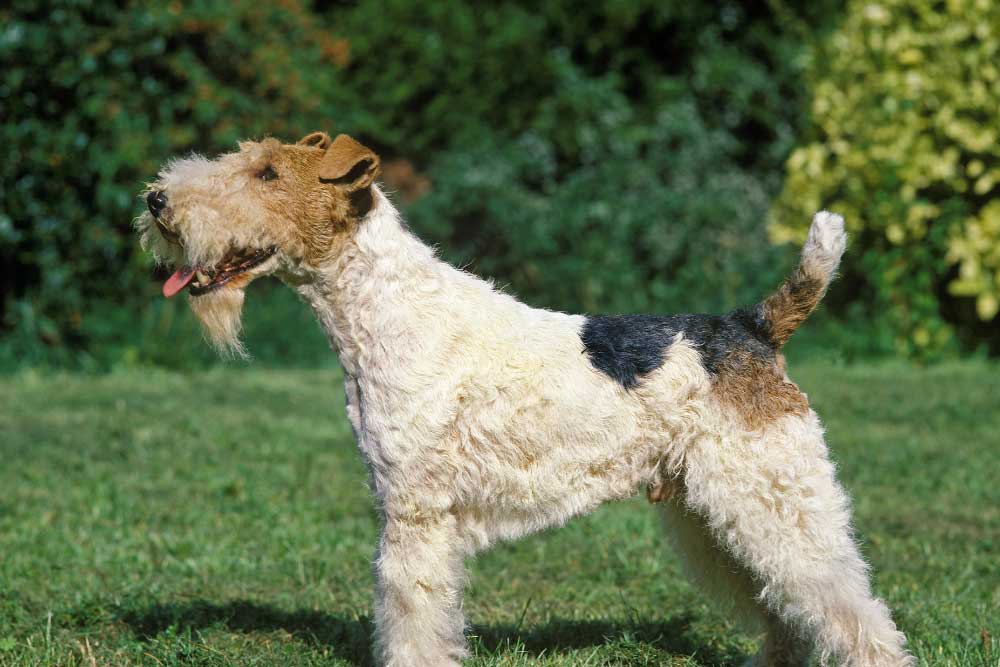Megaesophagus is a congenital (present at birth) or acquired condition that can affect dogs of any breed, although some breeds are at a higher risk of developing this condition. The breeds that are most commonly affected by megaesophagus include:
1. German Shepherds:

German Shepherds are one of the most commonly affected breeds, with a genetic form of the condition known as congenital megaesophagus.
2. Great Danes:

Great Danes are another breed that is commonly affected by megaesophagus.
3. Wirehaired Fox Terriers:

Wirehaired Fox Terriers are also known to be at a higher risk of developing megaesophagus.
4. Bernese Mountain Dogs:

Bernese Mountain Dogs have been reported to have a higher risk of developing megaesophagus.
5. Golden Retrievers:

Golden Retrievers can also develop megaesophagus, most commonly as an acquired form of the condition.
6. Irish Setters:

Irish Setters are also a breed that have been known to have a higher risk of developing megaesophagus.
It’s worth noting that any dog can develop megaesophagus, and not just the breeds mentioned above. It can be caused by congenital defects, neuromuscular diseases, foreign bodies, neoplasia, or idiopathic. That’s why it’s important to have regular check-ups with a veterinarian and to be aware of the signs and symptoms of this condition.
Complications of Megaesophagus
Megaesophagus is a serious condition that can lead to a number of complications in dogs. Some of the most common complications associated with megaesophagus include:
- Regurgitation: The inability of the esophagus to properly move food to the stomach can lead to regurgitation, which can cause food and liquids to come back up shortly after eating or drinking.
- Aspiration pneumonia: Regurgitation can lead to the inhalation of food and liquids into the lungs, which can cause aspiration pneumonia, a serious lung infection.
- Malnutrition: Dogs with megaesophagus may have difficulty swallowing food and may not be able to properly digest or absorb nutrients, leading to malnutrition.
- Dehydration: Dogs with megaesophagus may have difficulty swallowing liquids, which can lead to dehydration.
- Weight loss: Dogs with megaesophagus may lose weight due to difficulty swallowing food and malabsorption of nutrients.
- Difficulty breathing: Megaesophagus can cause difficulty breathing by compressing the trachea, which is the airway.
- Decrease in quality of life: The symptoms of megaesophagus can greatly affect the overall quality of life of a dog, and it can be challenging to manage the condition.
It’s important to work closely with a veterinarian to manage the symptoms of megaesophagus and to address any complications that may arise. With proper care, it is possible to improve the quality of life for dogs with megaesophagus, but it’s important to note that this condition is chronic and can’t be cured.
